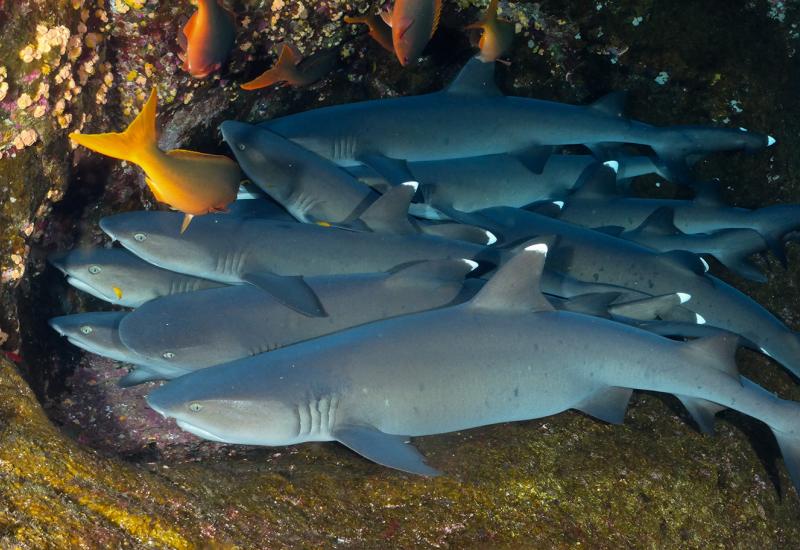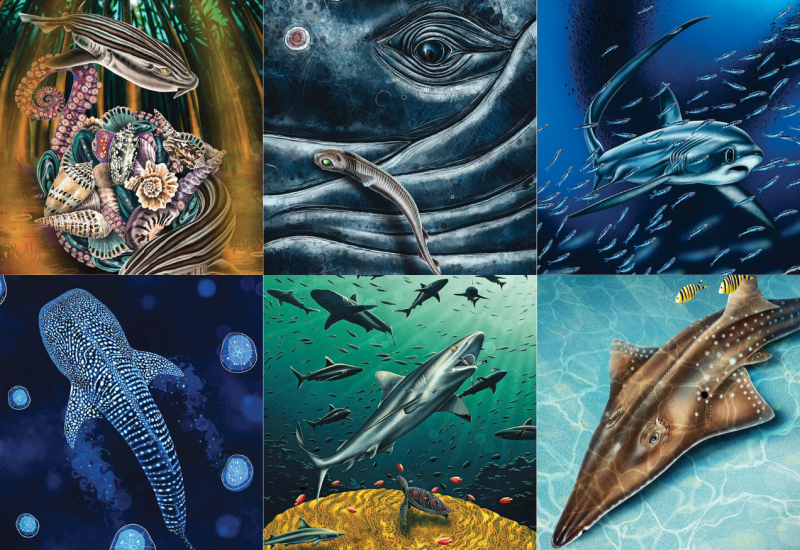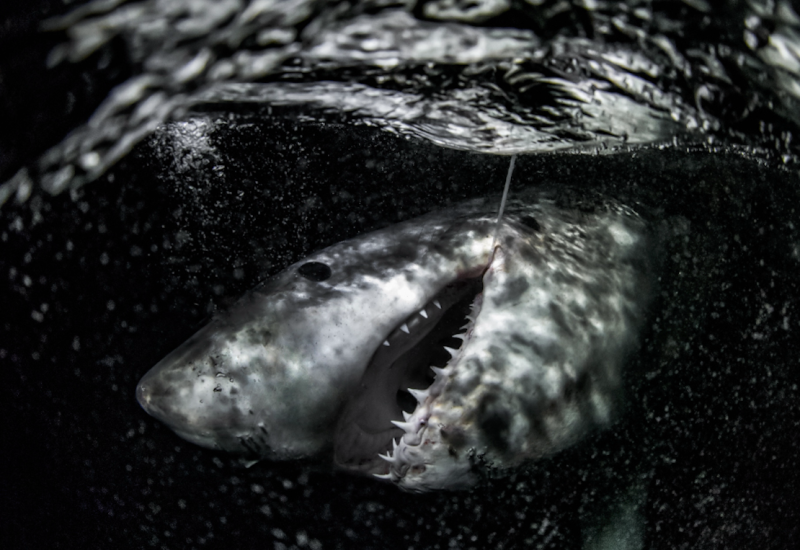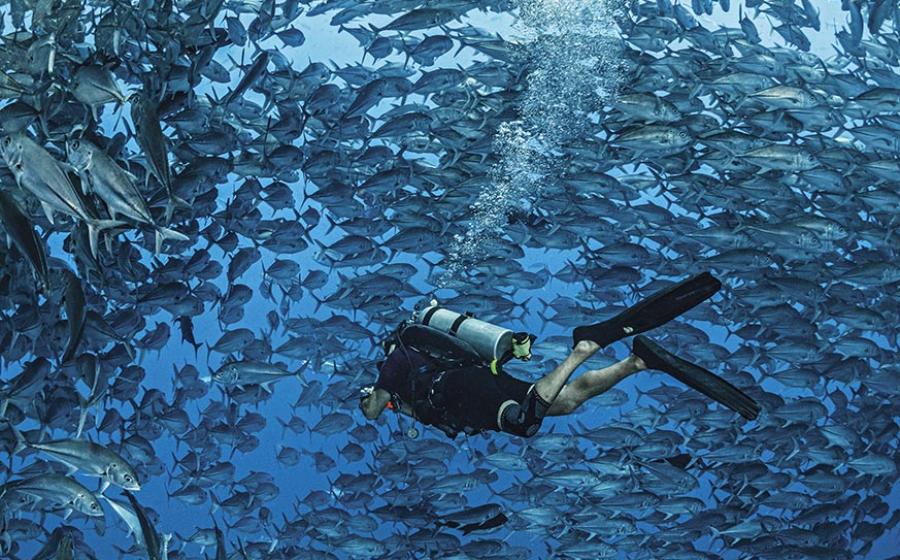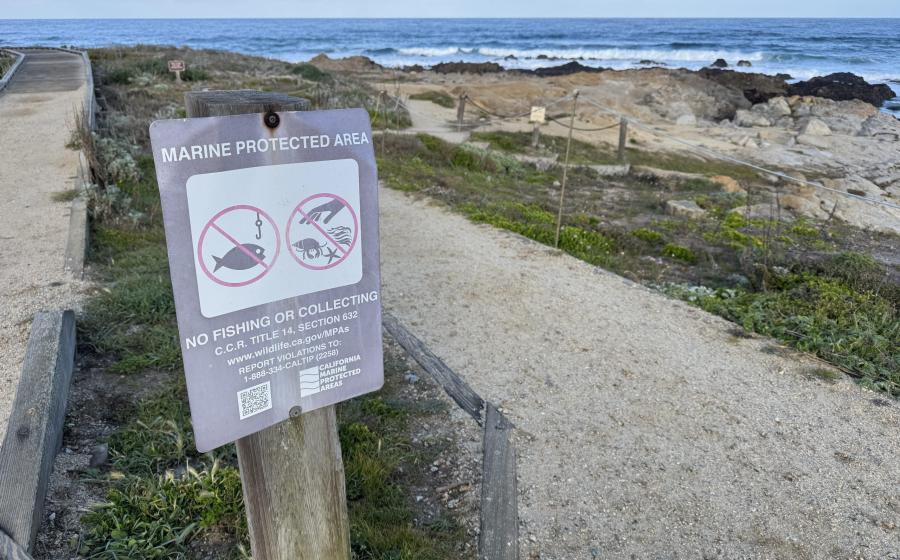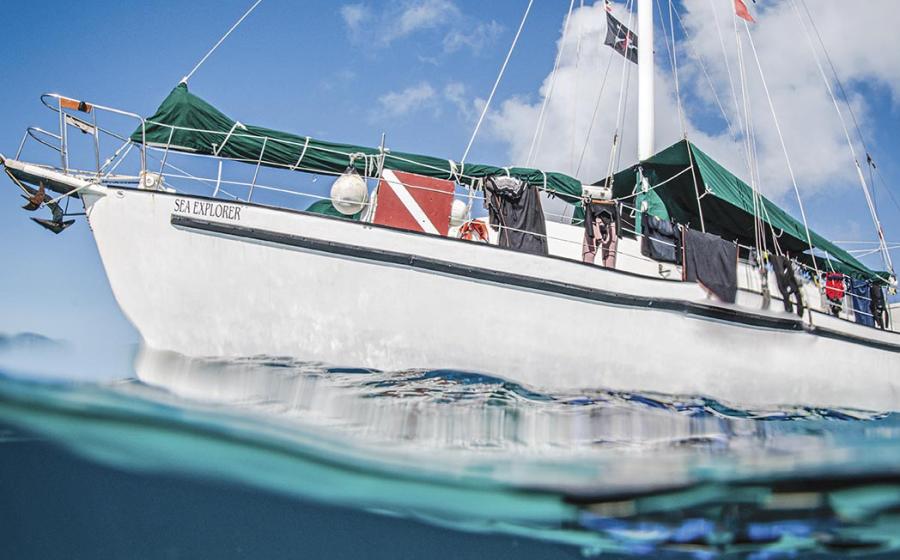The Shark, Billfish and Tuna Organization All Divers Should Know About
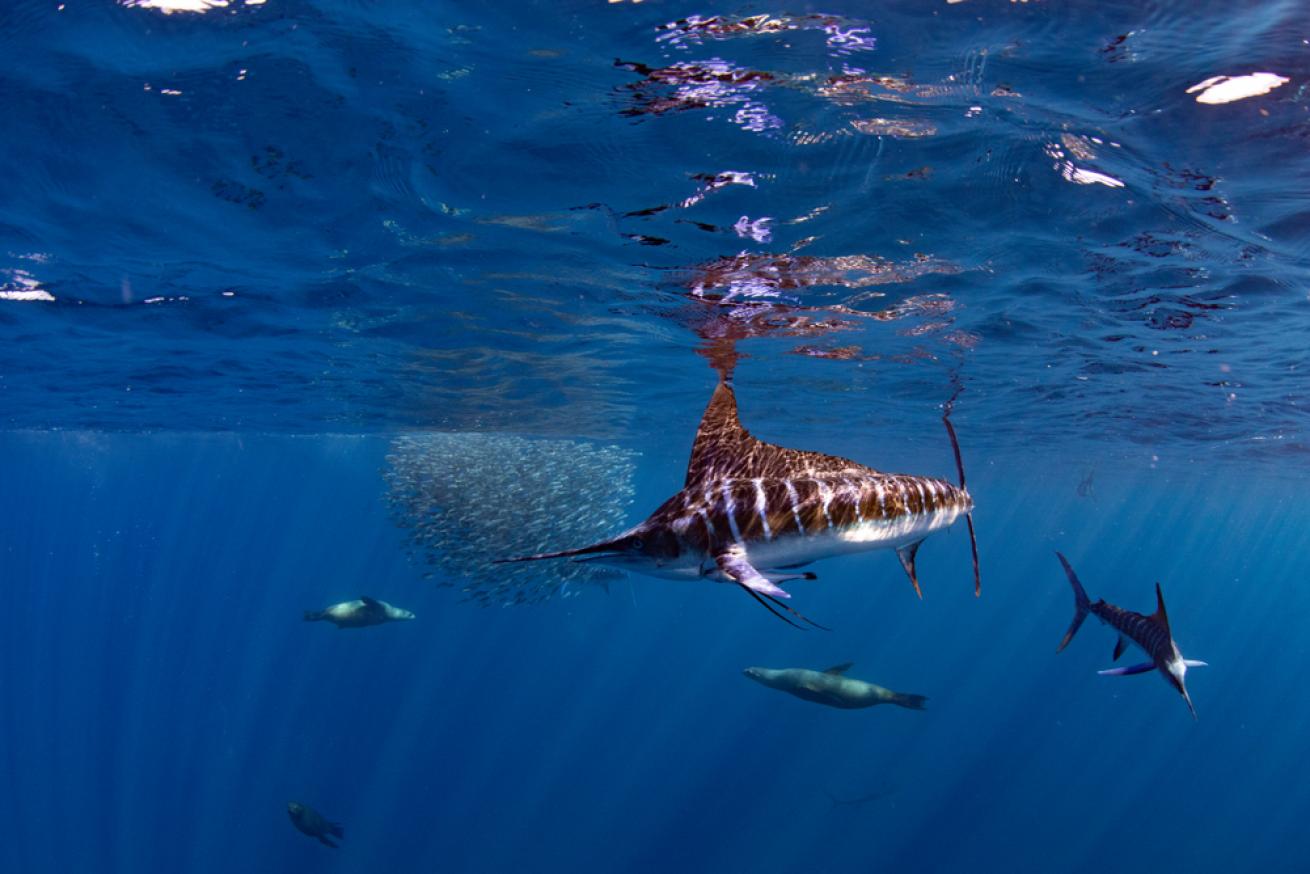
Shutterstock.com/Leonardo GonzalezOne team manages tuna, billfish and shark issues in U.S. waters.
Sharks, tunas and swordfish are some of the most charismatic animals in the ocean and some of the most beloved by scuba divers. They are also sought after by fisheries, including both commercial (i.e., catching fish with the goal of selling it) and recreational (i.e., catching fish with the goal of catching it for fun and possibly eating it yourself) fisheries. Since these groups have different goals, it can lead to conflict, especially when extremist voices are allowed to spread misinformation. Such as in 2013 when a Florida-based scuba operation wrongly claimed that the US government was going to allow fisheries to wipe out all lemon sharks in a few days, which led to harassment and even death threats against government officials. Understanding the regulations (and the process behind changing them when changes are needed) may not be the most exciting part of ocean conservation, but it’s a heck of a lot more effective than screaming at each other on social media.
“The Atlantic Highly Migratory Species Management Division within NOAA Fisheries manages the U.S. commercial and recreational fisheries for tunas, swordfish, sharks, and billfish in U.S. Atlantic Ocean, Gulf of Mexico and Caribbean waters,” Guy DuBeck, acting branch chief of NOAA’s Office of Sustainable Fisheries told me. This means that fishing rules, including who can fish, how much they can catch and where and when they can fish, are set by this group, commonly abbreviated as “HMS.” And that means that if you care about healthy populations of sharks, tunas, and billfish, you should probably care about HMS!
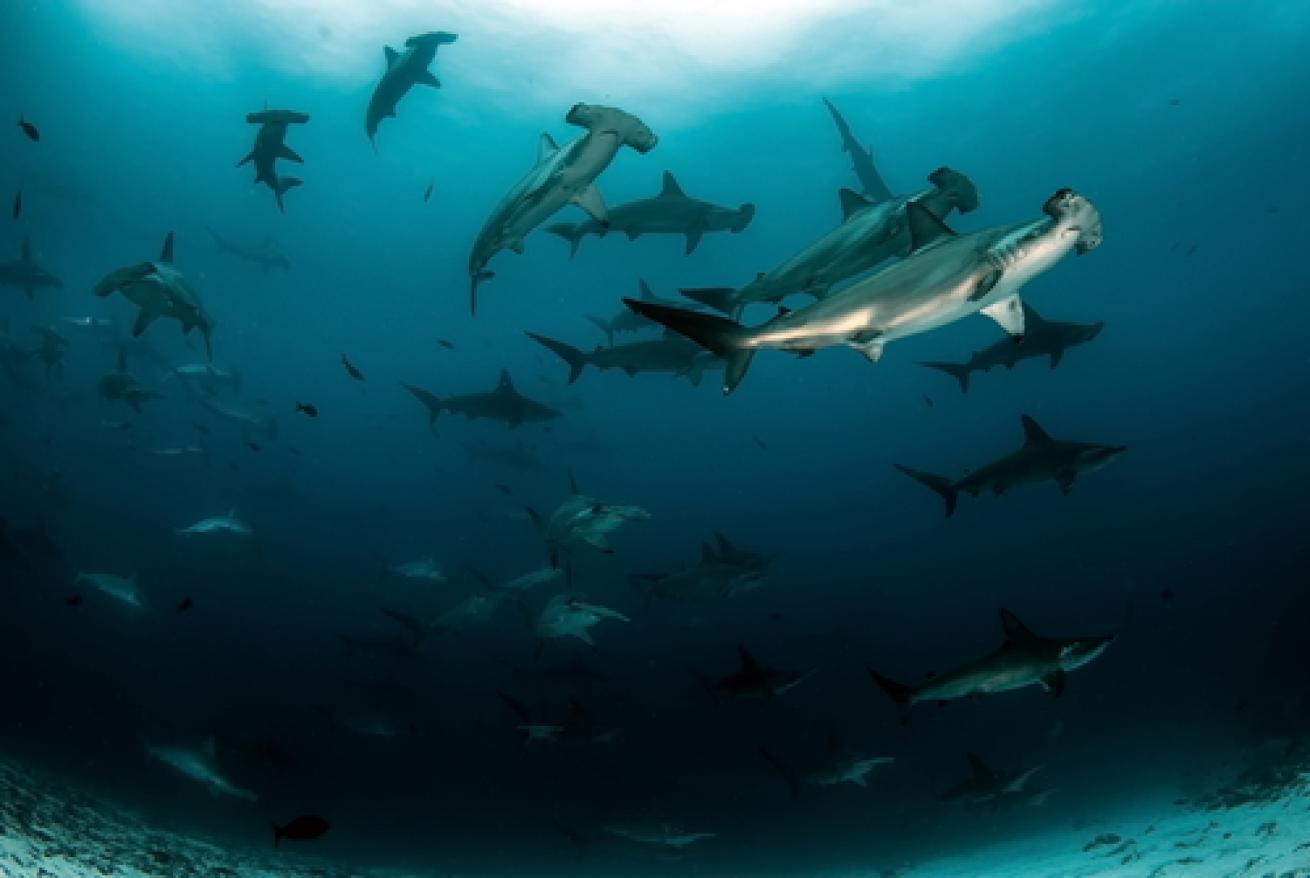
Shutterstock.com/Tomas KotoucSchool of hammerhead sharks.
Notably, HMS gives the interested public a lot of opportunities to participate in shaping the future of shark, tuna and billfish management in US waters. The HMS Management Division consults with and considers input from the HMS Advisory Panel (AP) when preparing and implementing management measures,” DuBeck told me. “This panel consists of representatives of commercial and recreational fishing interests, the scientific community, and the environmental community.”
Though the panel includes diverse professional representation, there are currently no slots for the scuba community that also depend economically on healthy fish stocks. However, the advisory panel meetings are also open to the public and offer opportunities for public comment, and scuba divers could, but generally do not, speak for or against proposed policy changes during this time. Sonja Fordham, the President of Shark Advocates International and an environmental sector representative on the advisory panel, said, “We're fortunate to have such a transparent [HMS] management process and designated seats for environmentalists, but conservation voices are still outnumbered. The AP's deliberations influence the management of public resources, and all stakeholders -- including a range of non-user interests -- should be represented in the conversation.”
Related Reading: Are Sharks Mammals? (No!)
Want to get involved and learn more? Peter Chaibongsai, the Director of Conservation Programs for the Billfish Foundation and a recreational fisheries sector representative on the advisory panel, told me “If you're planning on attending the meetings and/or participating with a comment, it's recommended to be familiar with the agenda and specific topics you're discussing. Educate yourself with reputable sources, consider all aspects when forming talking points, and be clear and concise when addressing NOAA.”
You can also sign up for e-mail alerts here

Courtesy Dr. David ShiffmanDr. David Shiffman
Dr. David Shiffman is a marine conservation biologist specializing in the ecology and conservation of sharks. An award-winning public science educator, David has spoken to thousands of people around the world about marine biology and conservation and has bylines with the Washington Post, Scientific American, New Scientist, Gizmodo and more. Follow him on @WhySharksMatter on Twitter, Facebook and Instagram, where he’s always happy to answer any questions about sharks.
The views expressed in this article are those of David Shiffman, and not necessarily the views Scuba Diving magazine.

